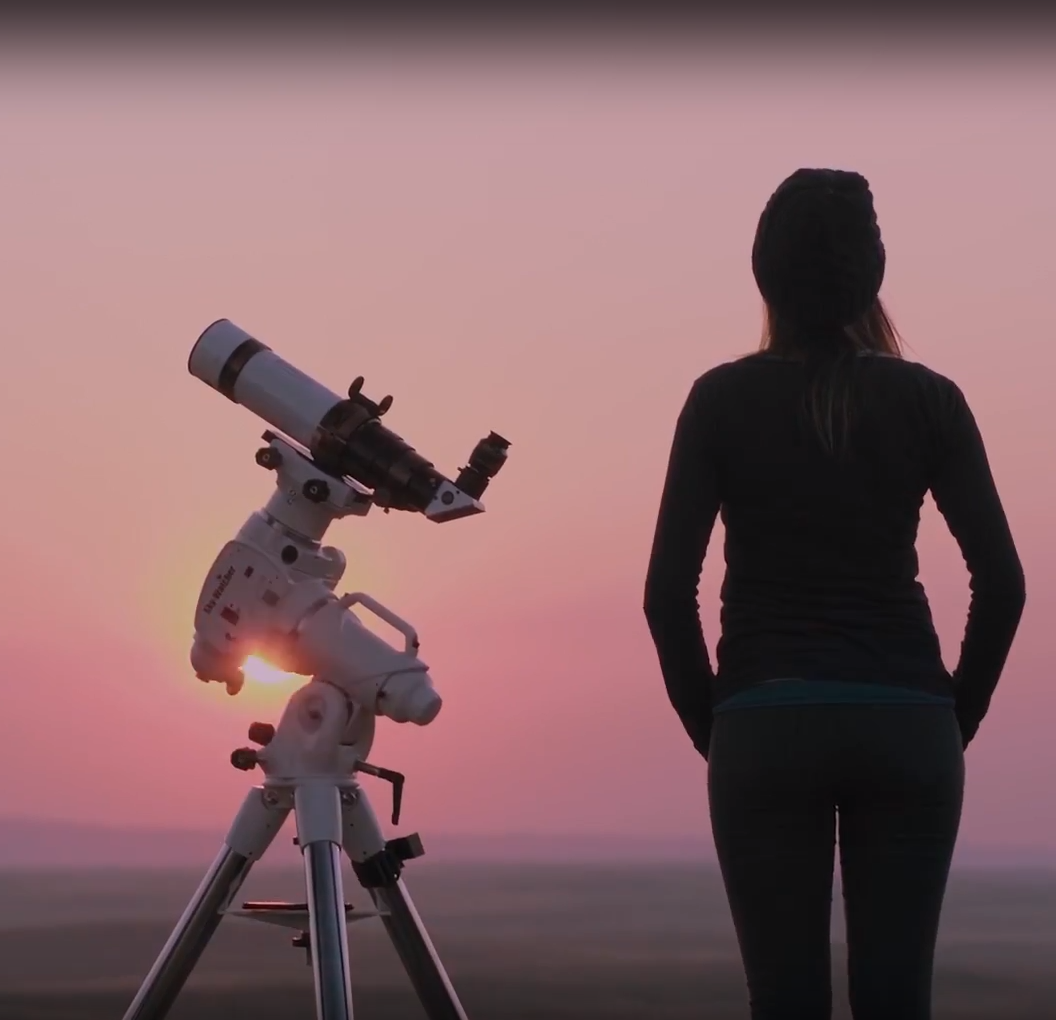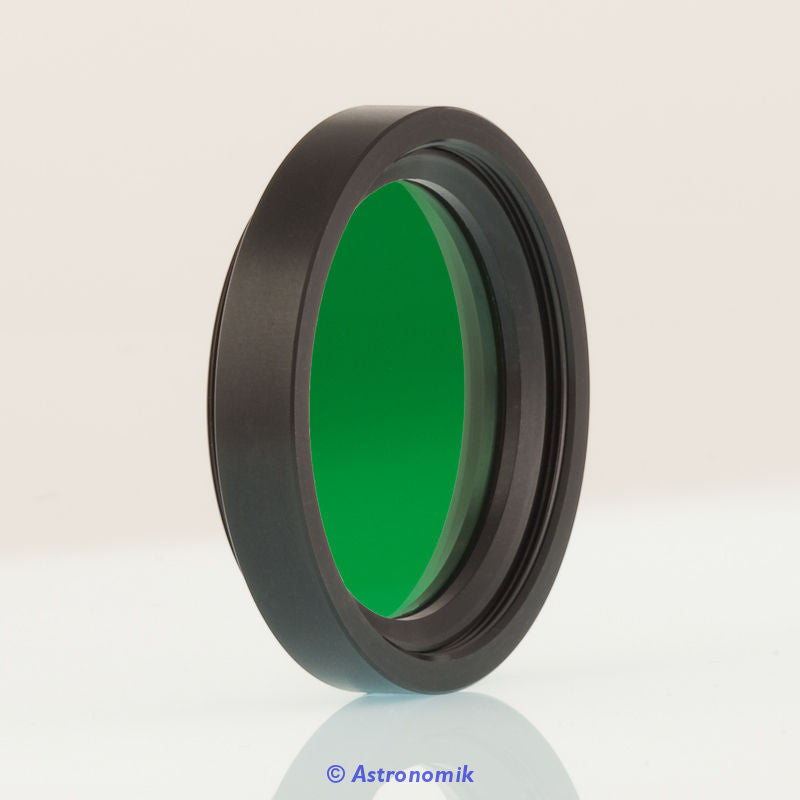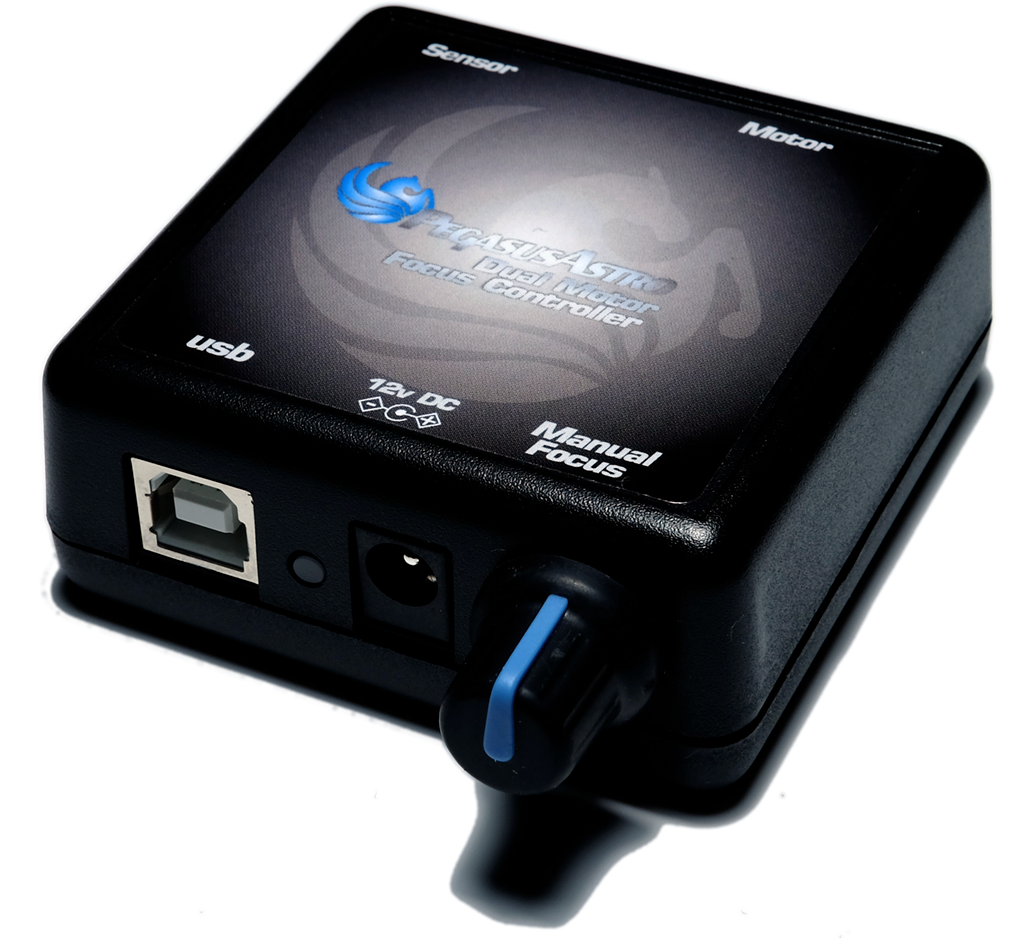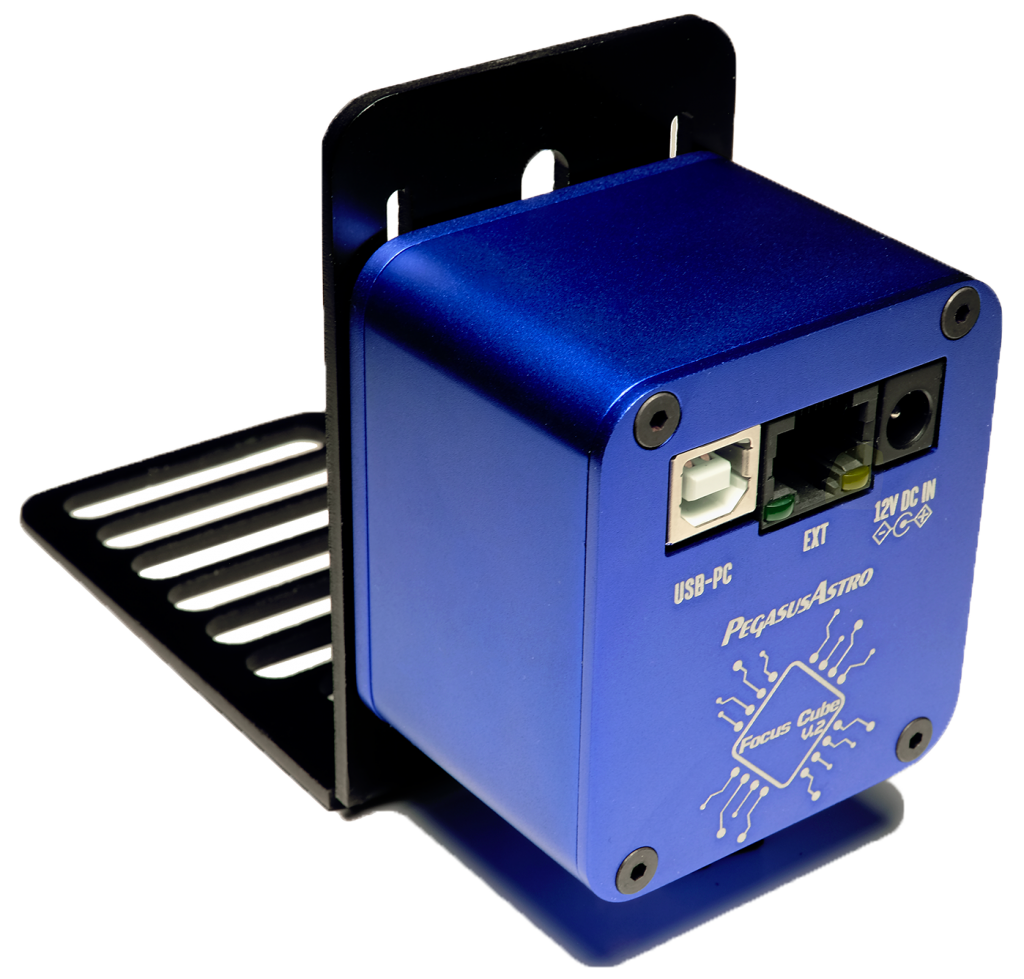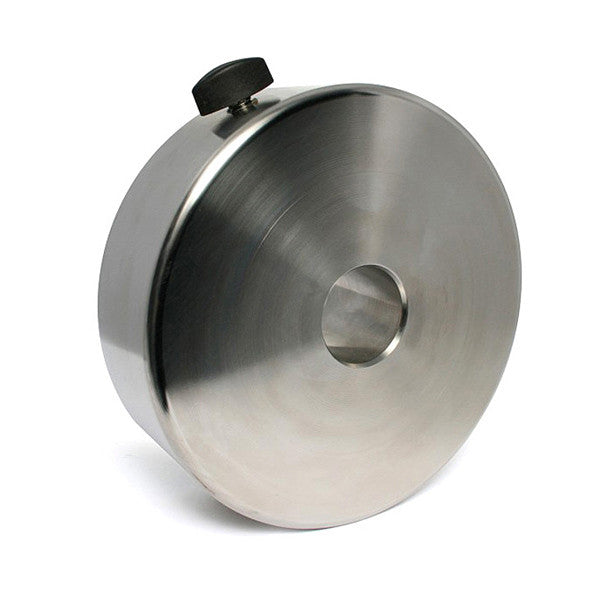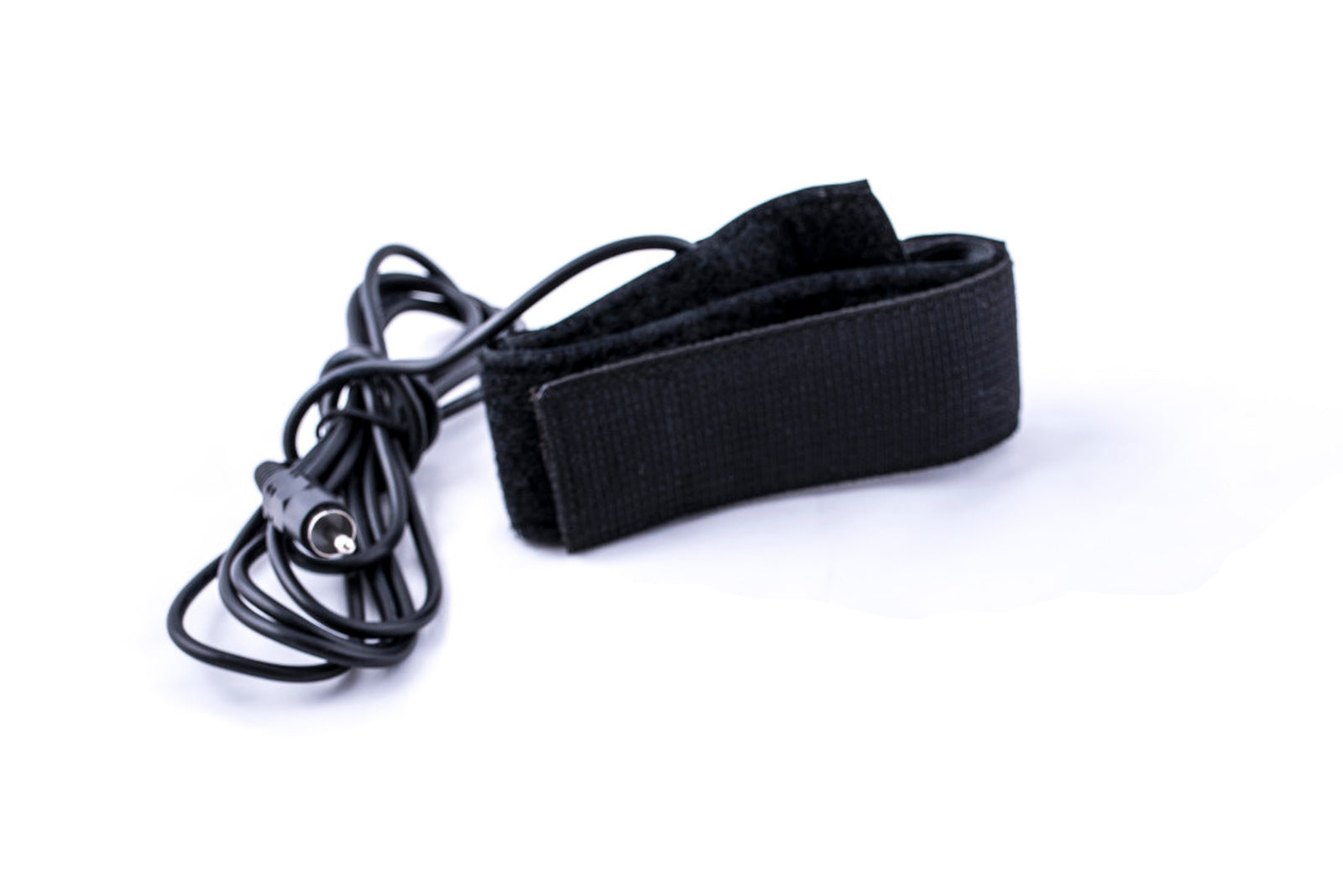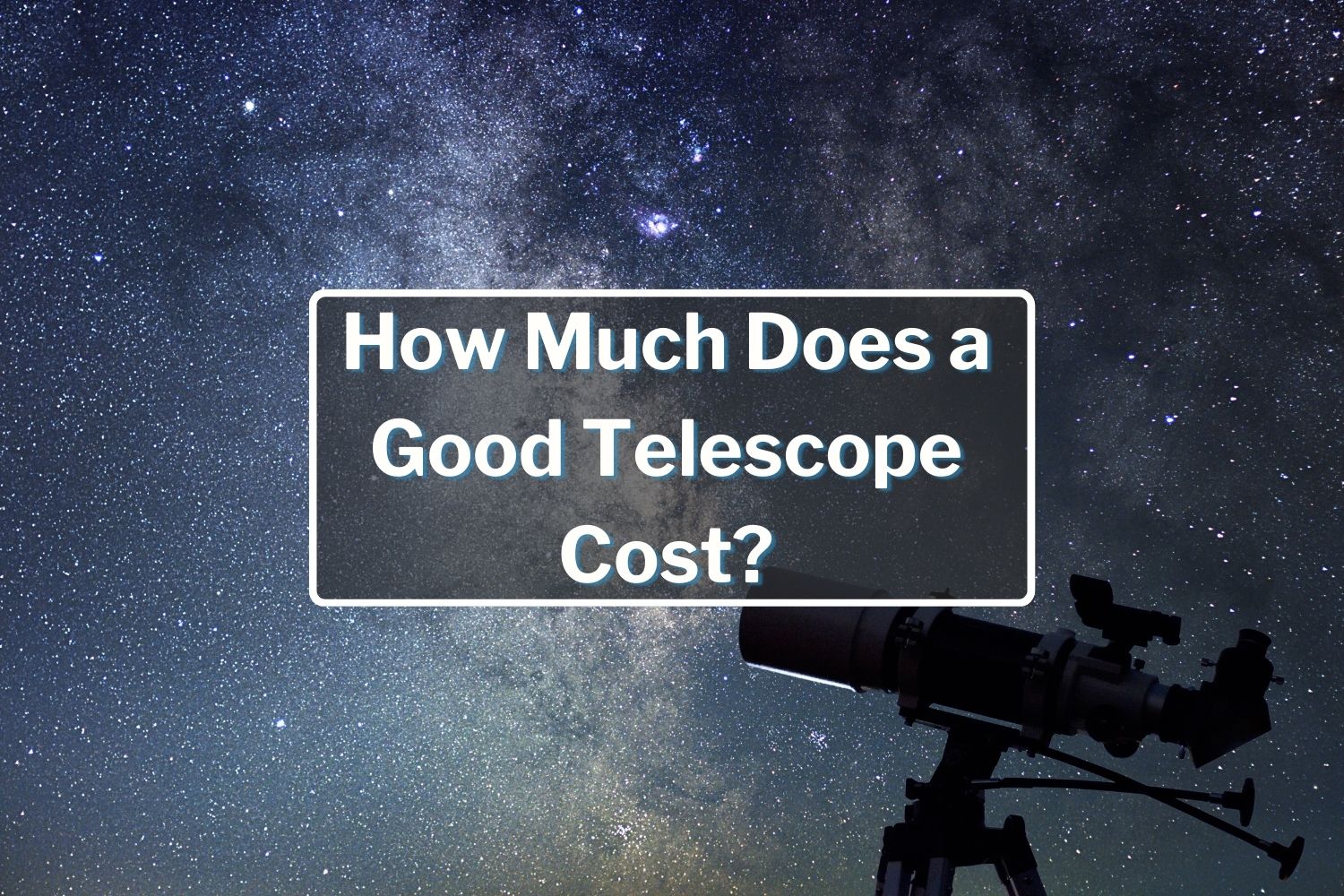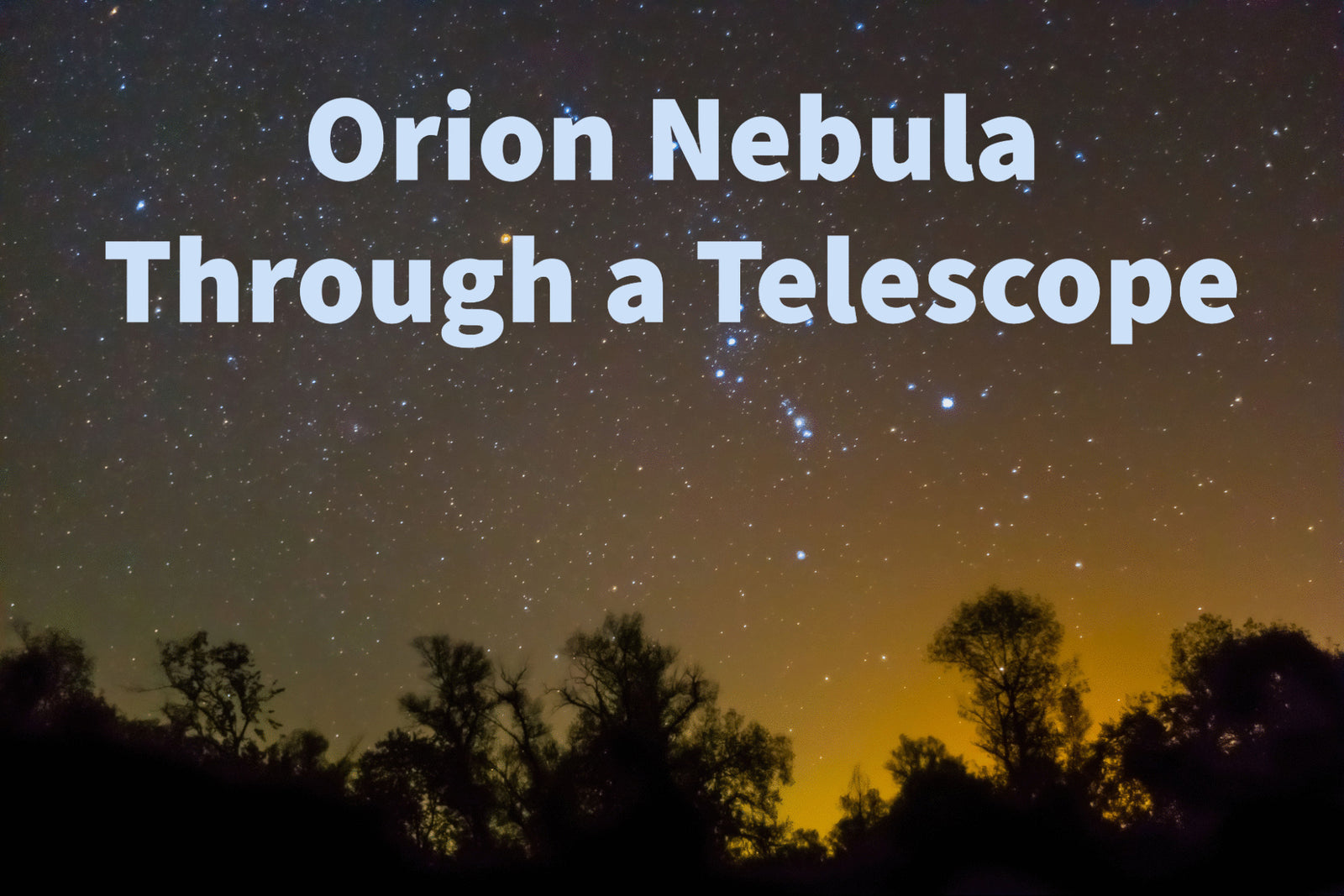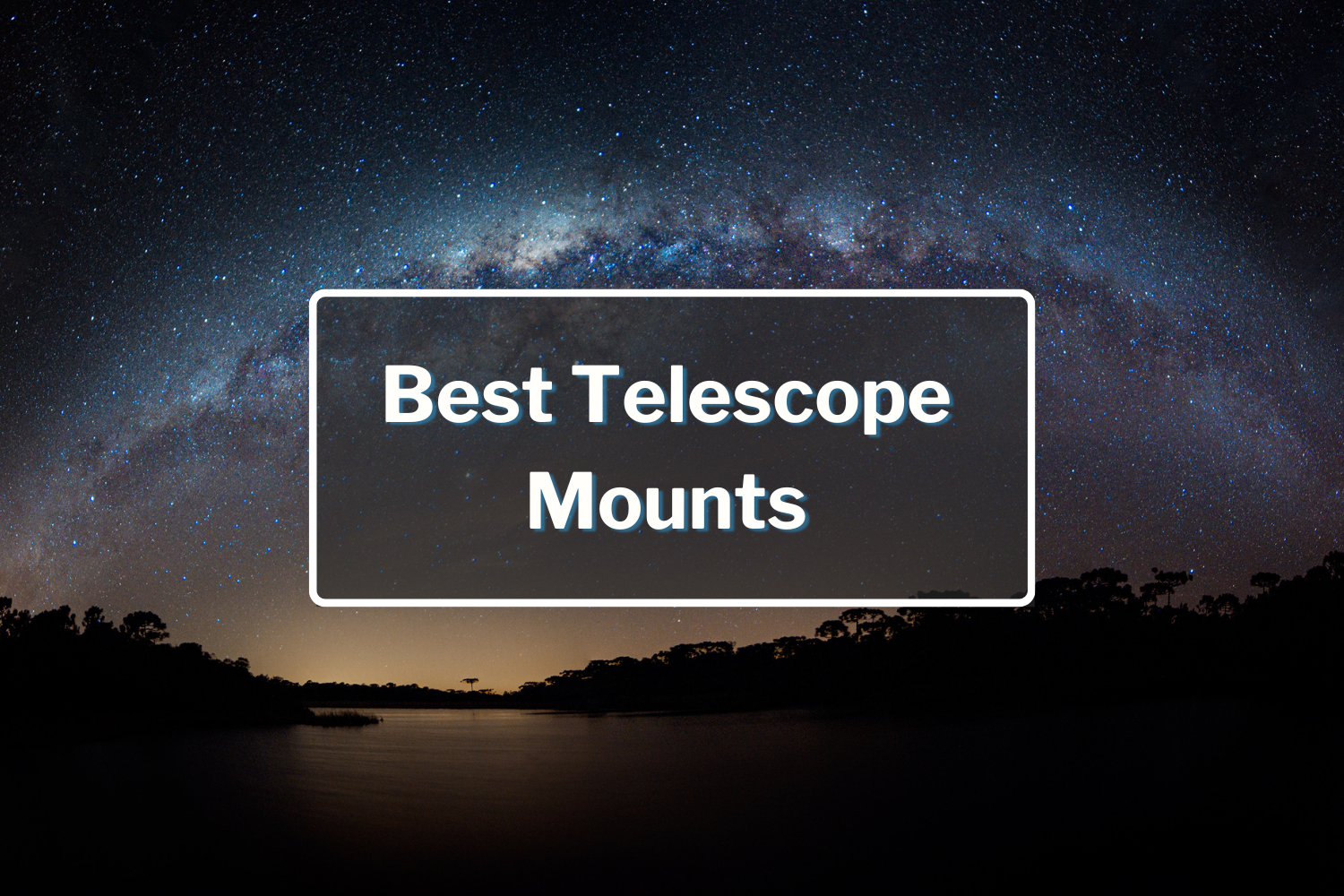Best Telescopes Under $200
Whether you’re a newcomer to the world of astronomy, the parent of a budding stargazer, or a more seasoned skywatcher on a budget, you can purchase a quality telescope with precision optics and plenty of essential accessories, all for around $200 or less. Today’s beginner-friendly telescopes combine computerized targeting, portability and many other features once found only in instruments used by professional astronomers and advanced amateurs.
The best telescopes under $200 are designed for easy setup and a quick start to viewing celestial objects ranging from the Moon to distant galaxies, as well as daytime observation of objects here on Earth. Some are made to work with smartphone apps and other software for locating and learning about night sky objects while observing them in real-time. That makes these telescopes ideal for beginning astronomers of all ages.
The best refractor and reflector telescopes under $200 come with all the basics for an outstanding viewing experience, including finderscopes, multiple eyepieces, and Barlow lenses for additional magnification. Most are compact, lightweight, and portable for travel to dark-sky locations and for sharp, clear observation in a suburban backyard.
Top Telescopes Under (or Near) $200
Here’s our list of the best telescopes under $200 (or a bit more) for beginning and intermediate astronomy buffs of all ages, with a brief rundown of the pros and cons to consider before you buy.

Explore Scientific Firstlight AR90-Millimeter White Tube Refractor With AZ Mount ($159.99)
The Explore Scientific Firstlight AR90-Millimeter White Tube Refractor is a budget-friendly beginner telescope with enough power to appeal to more advanced users as well. This refractor scope has a 90-millimeter aperture and 500-millimeter focal length for viewing both deep-sky and solar system objects, plus a 1.25-inch erect imaging diagonal and draw tube focuser for clear imaging. The Scientific Firstlight also comes with a red-dot viewfinder and smartphone adapter for easier observing and navigating the night sky.
Pros:
- Quality and price meet for a great budget setup
- Easy for beginners to use
- The best beginner telescope under $200
Cons:
- Some chromatic aberrations in viewing
- Aluminum tripod might not be stable without adjustment
Celestron Travel Scope 80-Millimeter Portable Telescope With Backpack ($139.99)
The Celestron Travel Scope 80-Millimeter Portable Telescope is an easy-to-use refractor scope that’s suitable for both beginners and more advanced users. The Celestron Travel Scope comes with a full set of accessories, including eyepieces, a finderscope, and a 1:25-inch star diagonal for both celestial and terrestrial viewing. The kit includes a smartphone adapter and Celestron’s Starry Night software for identifying and locating both near and deep-sky objects. The accompanying backpack makes it easy to store and carry the whole setup for viewing anywhere.
Pros:
- The best refractor telescope under $200
- Great for “grab and go” astronomy
- Works for both celestial and terrestrial viewing
- Comes with Celestron’s software and app for smartphone targeting and learning about the night sky.
Cons:
- Tripod can offset the target when locking and may need more adjusting
- The backpack may not accommodate bulkier smartphones or other accessories not in the kit
Orion SkyScanner BL102-Millimeter TableTop Reflector Telescope Kit ($209.99)
The Orion SkyScanner BL102-Millimeter TableTop Reflector Telescope Kit comes in at just a bit over $200, but this compact reflector telescope offers plenty of features for new and intermediate skywatchers at an affordable price. The Orion SkyScanner’s tabletop design offers stability with an Alt/AZ mount for easy pointing and viewing. With a 4-inch aperture primary mirror and 640-millimeter focal length, the Orion SkyScanner offers bright, wide-field views of the solar system and deep-sky objects. The kit includes a red dot finderscope, plus a Moon Map and Moon Filter, Star Target Planisphere, and a detailed Telescope Observer’s Guide for newcomers to night sky exploration.
Pros:
- A nice portable kit that provides excellent views of many celestial objects
- Comes with base assembly hardware and screwdrivers
- Includes Moon Map and Moon Filter for detailed lunar viewing
- Makes an ideal introduction to the world of astronomy
Cons:
- The short, compact design means it needs to sit on a platform or table
- Doesn’t work with a tripod
- Cost is a bit over $200 but has essential features for getting started in astronomy
Celestron Cometron 114 AZ Telescope ($239.95)
Originally designed for observing comets, the Celestron Cometron 114 AZ Telescopehas precision optics and an array of features at an excellent price. This Newtonian reflector scope features a parabolic mirror that eliminates spherical aberrations for sharp viewing of the solar system and deep-sky objects. The Celestron Cometron has a manually controlled Alt-Azimuth base and comes with two Kellner eyepieces and a Red Dot Finder for easily locating objects. This lightweight, portable telescope kit also includes Celestron’s SkyPortal app for learning more about night sky objects while you’re viewing them.
Pros:
- A quality telescope for beginners
- Easy to use out of the box
- Comes with supporting software for learning while observing
- Excellent optical quality for the price
Cons:
- Requires regular collimation checkups before use
- Slightly over the $200 cap but worth considering for its features and ease of use
Celestron StarSense Explorer LT 80AZ Smartphone Telescope ($228.95)
The Celestron StarSense Explorer LT80AZZ Smartphone Telescope works with your smartphone to locate viewable solar systems and deep-sky objects in real-time. The StarSense Explorer features a manual Alt/AZ mount with dual axis and slow motion controls for following in-app targeting to locate objects. Costing just a bit over $200, this 80-millimeter refractor telescope comes with two eyepieces, a Barlow lens and image diagonal for sharp viewing, plus a red dot finderscope and smartphone mount.
Pros:
- Great for beginners but advanced enough for intermediate users
- Easy to set up and operate
- Smartphone app helps to locate objects
Cons:
- Slightly over the $200 budget cap, but the quality makes it worth considering
- The app may not be 100% on target every time
- The tripod may not be stable
If you have any questions about purchasing a telescope or need to know more, please contact us. The OPTeam will be glad to steer you toward the best possible telescope for your journey into the world of astronomy. Happy stargazing!


